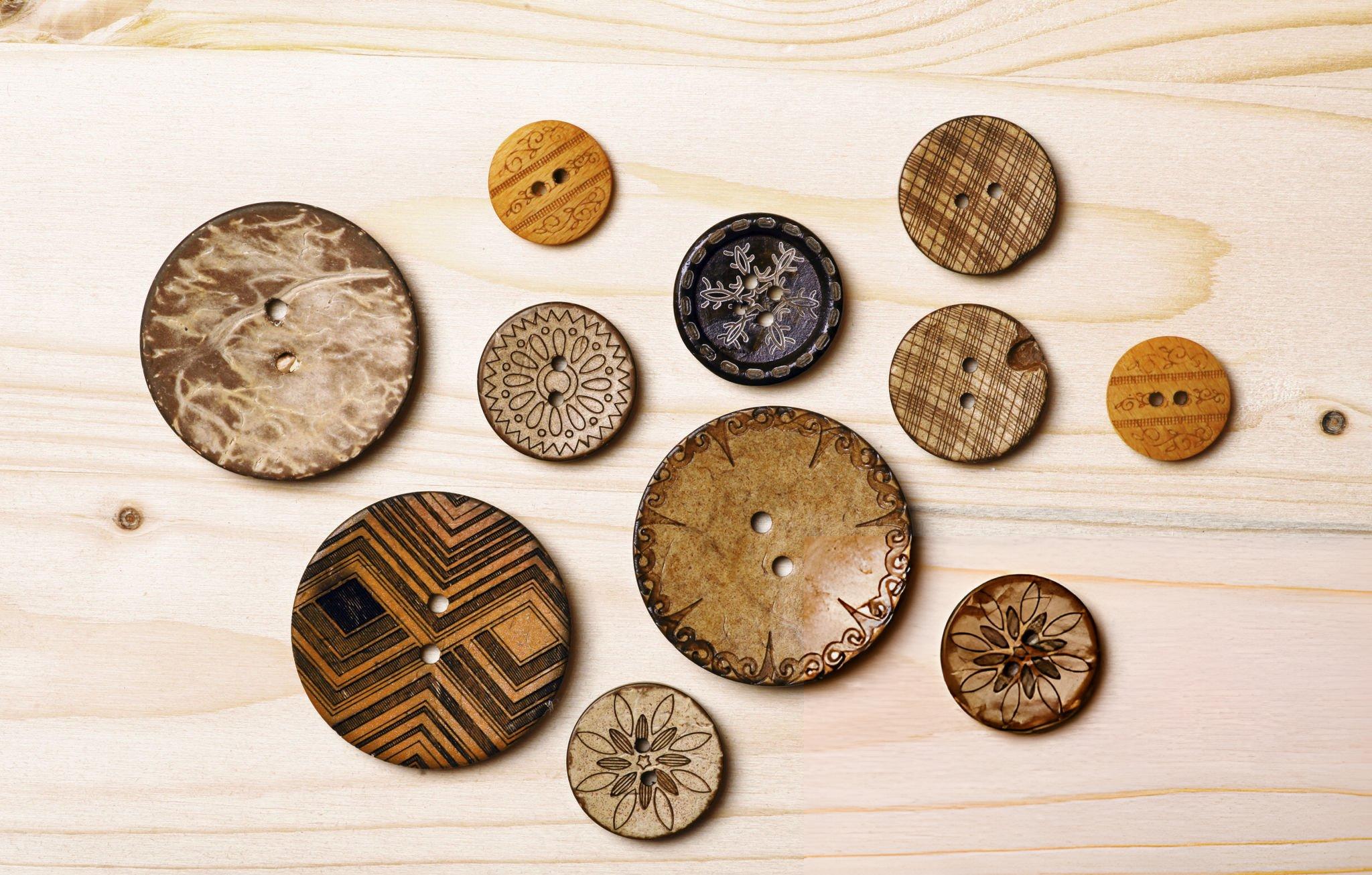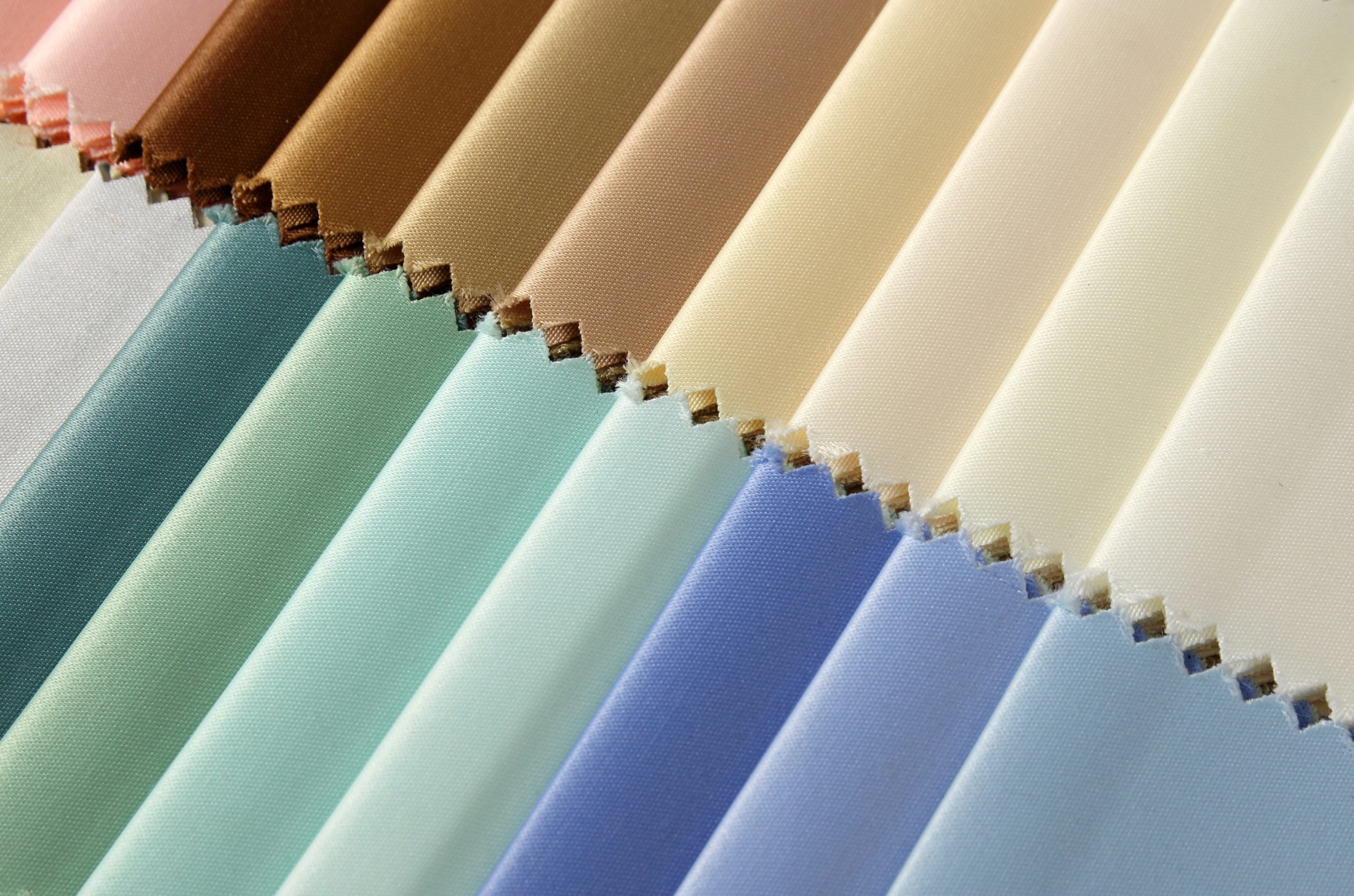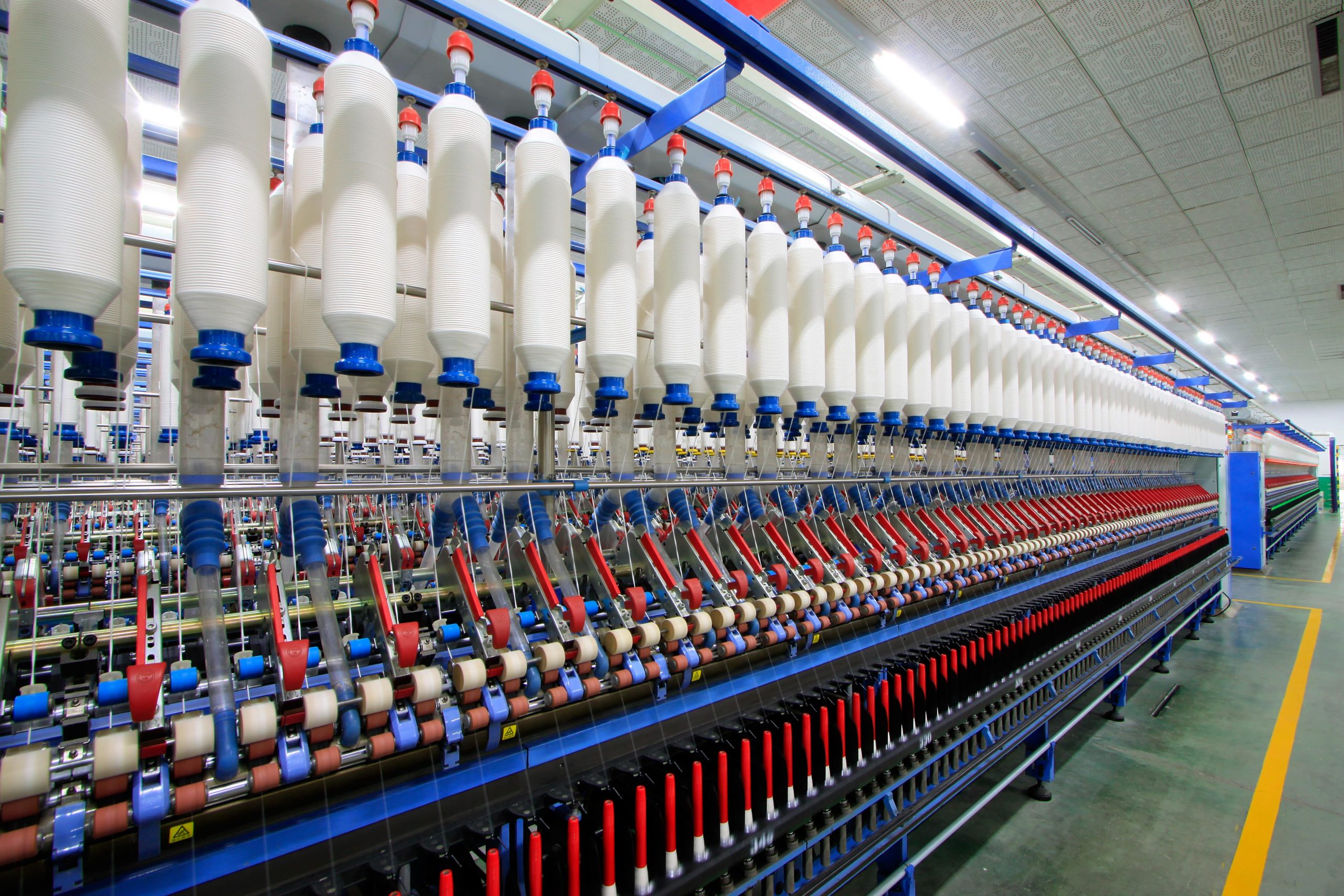The fashion industry is increasingly embracing sustainability, and while brands think of fabrics in sustainable materials, they often forget that accessories like buttons are no exception. Sustainable buttons offer an eco-friendly alternative to conventional fasteners, aligning with the growing demand for responsible fashion. These buttons are crafted from renewable, recycled, or biodegradable materials, reducing environmental impact and supporting ethical practices. In this blog, we’ll explore the different types of sustainable buttons, their benefits, and why they are essential for a greener fashion future.
Why Choose Sustainable Buttons?
The environmental impact of traditional buttons, often made from plastic or metal, is significant. By choosing sustainable alternatives, fashion brands can reduce waste, lower their carbon footprint, and promote ethical sourcing practices. Besides the various typle of sustaibnable buttons available these days debunk the myth that sustainable buttons are not long lasting. Sustainable buttons contribute to:
– Reduced Plastic Pollution: Switching to natural or recycled materials helps to reduce the volume of plastic waste ending up in landfills and oceans.
– Lower Carbon Emissions: Sourcing buttons from renewable materials reduces the energy-intensive processes involved in producing plastic and metal buttons.
– Support for Ethical Practices: Sustainable buttons often come from fair-trade sources, ensuring ethical labor practices and supporting local communities.
Types of Sustainable Buttons
Sustainable buttons come in various forms, each with its unique characteristics and benefits. Here are the most popular types:
1. Natural Material Buttons
Wooden Buttons
– Description: Made from responsibly sourced or reclaimed wood, these buttons are often left in their natural state or minimally treated with eco-friendly finishes. They offer a rustic, organic touch to garments.
– Uses: Commonly used in casual wear, knitwear, and children’s clothing.
– Benefits: Biodegradable, renewable, and free from harmful chemicals.
Coconut Shell Buttons
– Description: Crafted from the shells of coconuts, these buttons are a by-product of the coconut industry. They are lightweight, durable, and feature a natural, textured appearance.
– Uses: Ideal for tropical-themed clothing, casual wear, and eco-friendly fashion lines.
– Benefits: Compostable, renewable, and a great use of agricultural waste.
Mother-of-Pearl Buttons
– Description: Sourced from the inner layer of mollusc shells, these buttons are known for their beautiful iridescence. They are often used in luxury garments due to their unique look.
– Uses: Frequently found in shirts, blouses, and high-end clothing.
– Benefits: Biodegradable, naturally occurring, and adds a touch of elegance.
Tagua Nut Buttons
– Description: Also known as vegetable ivory, tagua nuts are harvested sustainably from palm trees without harming the tree. These buttons are smooth, hard, and can be dyed in various colors.
– Uses: Used in eco-friendly fashion, accessories, and fair-trade items.
– Benefits: Durable, renewable, and supports sustainable harvesting practices.
2. Recycled Material Buttons
Recycled Polyester Buttons
– Description: Made from recycled PET bottles and other post-consumer plastics, these buttons help combat plastic pollution by repurposing waste.
– Uses: Common in outdoor gear, sportswear, and casual fashion.
– Benefits: Reduces plastic waste, supports circular economy practices, and provides a durable, lightweight option.
Recycled Metal Buttons
– Description: These buttons are made from scrap metals such as brass, copper, or aluminum. They are fully recyclable, even after use.
– Uses: Popular in denim, jackets, and other sturdy garments where durability is key.
– Benefits: Lowers the need for virgin metal extraction, reduces landfill waste, and provides a long-lasting fastening solution.
3. Biodegradable Buttons
Corozzo Buttons
– Description: Corozzo buttons, derived from the tagua palm nut, are hard and smooth, resembling ivory but without the environmental harm. They can be dyed to match various fabric colors.
– Uses: Used in both high-end and casual fashion, including shirts, jackets, and dresses.
– Benefits: Biodegradable, renewable, and an excellent alternative to plastic.
Paper-Based Buttons
– Description: Made from compressed layers of paper coated with natural resins, these buttons are fully biodegradable and offer a unique, artisanal look.
– Uses: Ideal for eco-friendly designs and accessories, adding a handcrafted touch.
– Benefits: While one may need to be a little gent;e when washing clothes with paper based buttons, they are fully compostable and made from renewable materials.
4. Ethical and Fair-Trade Buttons
Sustainable buttons often support ethical trade, ensuring that workers involved in their production are treated fairly. Materials like tagua nuts and coconut shells are frequently sourced from cooperatives that provide fair wages and safe working conditions. Choosing fair-trade buttons helps support local communities and encourages responsible business practices.
How to Choose Sustainable Buttons for Your Designs
When selecting sustainable buttons for your fashion line, consider the following factors:
1. Material Compatibility: Choose buttons that complement the fabric of your garment. For instance, lightweight buttons like coconut or recycled polyester work well with delicate fabrics, while metal or wooden buttons suit heavier textiles.
2. Durability: Ensure that the button material is durable enough for the garment’s intended use. Recycled metals and tagua buttons are great for outerwear, while paper-based buttons might be better suited for decorative purposes.
3. Aesthetic Appeal: Sustainable buttons offer a variety of looks, from rustic wooden buttons to the sleek elegance of mother-of-pearl. Select styles that align with your brand’s aesthetic.
4. Sourcing and Certifications: Look for buttons that are certified by recognized eco-labels, ensuring they meet specific environmental and ethical standards.
Sustainable Button Brands and Suppliers
Several suppliers specialize in sustainable buttons, offering a wide range of eco-friendly options. From natural and recycled buttons, including wood, coconut, and Corozzo options to brands that offer biodegradable and recycled buttons, with a strong focus on ethical sourcing you will find them all. Do a thorough research of the kind of buttons you want and where you could find them. Do ask your supplier to provide as much details as possible about the buttons they make and have all your questions answered before you make the final choice.
Sustainable buttons are more than just a fastener; they represent a commitment to responsible fashion and environmental stewardship. By choosing buttons made from natural, recycled, or biodegradable materials, you can reduce the ecological footprint of your garments and support ethical practices within the fashion industry. Whether you’re a designer, brand, or conscious consumer, opting for sustainable buttons is a small yet impactful step toward a greener future.



